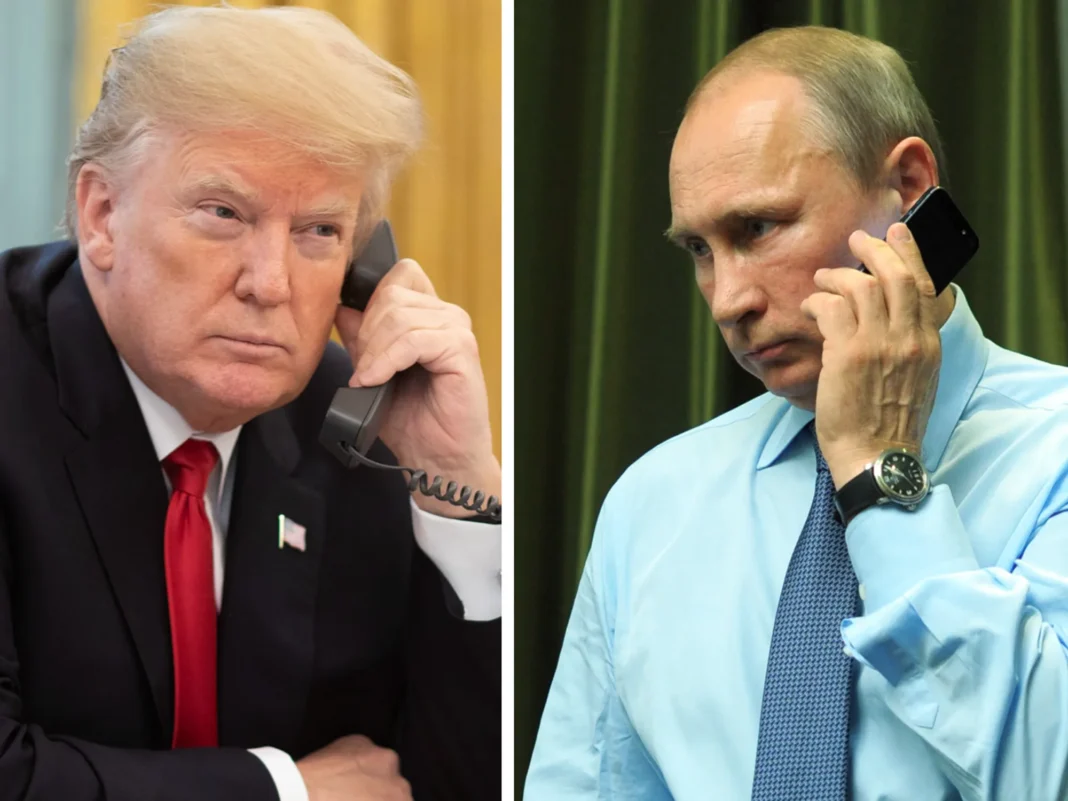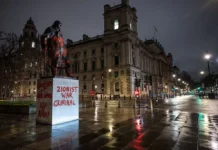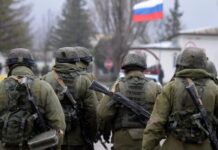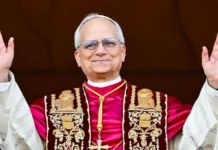The Trump administration is reportedly engaged in quiet negotiations with Russia to end the war in Ukraine, according to sources familiar with the discussions.
President Trump’s special envoy, Steve Witkoff, has been leading the effort, with officials describing an acceleration in talks this week following what they interpret as a renewed willingness from the Kremlin to explore a deal.
Army Secretary Dan Driscoll arrived in Kyiv on a fact-finding mission alongside a senior Pentagon delegation. Driscoll met with President Volodymyr Zelensky and other Ukrainian officials to discuss battlefield conditions, weapons needs, and the nascent peace efforts.
Ukrainian Defense Minister Denys Shmyhal shared a photo of the meeting on Telegram, expressing gratitude for continued US support and highlighting discussions on defense innovations and steps to implement agreements reached by Zelensky and Trump.
Driscoll, a close ally of Vice President JD Vance and a former Yale Law School colleague, has primarily focused on military acquisitions. He was accompanied by Army Chief of Staff General Randy George, General Chris Donahue, the top US Army commander in Europe, and Sergeant Major of the Army Michael Weimer.
Russian sources confirmed ongoing high-level contacts between US and Russian officials, including Witkoff. Russian Special Envoy Kirill Dmitriev visited the United States in October for what was described as productive discussions with US officials.
According to reports, the draft under discussion includes twenty-eight points covering security guarantees for Ukraine and Europe, and the future of US relations with both Russia and Ukraine.
The Kremlin, however, has downplayed these reports. Spokesperson Dmitry Peskov stated that there are no new developments beyond previous discussions in Anchorage between Trump and President Vladimir Putin. The involvement of Europe and Ukraine in shaping or endorsing the plan remains unclear.
Efforts to broker peace have repeatedly faltered, with Trump expressing disappointment in Putin’s unwillingness to make substantial commitments. Despite these setbacks, the administration appears determined to pursue diplomatic avenues to bring the conflict to an end.



















